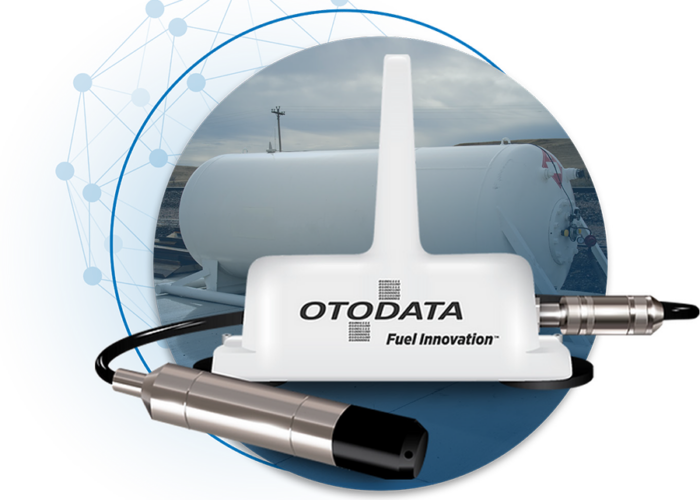An embedded SIM card, or eSIM, provides many benefits to IoT solution providers when compared to physical, non-embedded SIM cards. They include deployment flexibility, operational efficiency, streamlined manufacturing, and greater scalability—all without the need to physically swap SIM cards.
The promise of multiple profiles can potentially solve the roaming challenges associated with global deployments. However, one of the major misconceptions about eSIM is that it can work “out of the box” with little planning and foresight. The reality is that eSIM is an enabling technology, not just a stand-alone solution, in a much larger and more complex big picture. With the right carrier relationships, advance planning, and proper support in place, the full potential of global eSIM can be realized especially for large deployments of IoT devices.
What is an eSIM? How eSIM Technology Works
An embedded SIM (eSIM) is essentially a programmable Subscriber Identity Module (SIM). It is a global specification by the GSMA that enables remote SIM card provisioning of any mobile device, and it is viewed by GSMA as the next generation SIM. While it is often used interchangeably with eUICC (embedded Universal Integrated Circuit Card), each is distinct from the other. To differentiate the two, you can think of eUICC as the software that allows a SIM to provision mobile network operators remotely, while eSIM as the whole service ecosystem (SIM + eUICC + management platform). It is also important to recognize that GSMA has specified two different versions of eSIM: one for commercial applications and the other for consumer applications like smartphones and tablets.
The fundamental difference between IoT for commercial applications and consumer IoT devices is that there’s often not a person at the other end to control individual devices. Think about fleet management or cold chain monitoring: The IoT devices within the shipping trucks must work without the oversight of the driver. When a connected device such as a connected freight tracking device is transported into a new coverage area, it must automatically switch carriers without the intervention of the driver.
Intelligent Service Selection: How Network Intelligence Manages eSIM Complexity
In theory, eSIM can automatically switch to the appropriate carrier network, manage subscription profiles intelligently, and boost IoT security significantly. But in practice, the success of eSIM deployments depends heavily on which carrier profiles are used, the management platform that supports remote provisioning, and how easily and securely the profiles can be provisioned. A successful eSIM deployment is as much about the business of cost savings as the operational experience.
For organizations that orchestrate multiple eSIM subscriptions across thousands of IoT devices, profile management needs to be automated so that less time is spent on mundane tasks such as profile upload and management, and more time is spent on value-added activities such as service enablement.
Network intelligence, or a connectivity network that leverages machine learning to automate eSIM provisioning, is critical for effectively managing and orchestrating eSIM profiles across the entire lifecycle of IoT devices. By leveraging intelligence at the network, platform, and SIM level, companies embracing eSIM can strike the proper balance between automation and monitoring. The result is that eSIMs can seamlessly switch between pre-installed profiles, and there is monitoring in place to provide secure and reliable processes across your entire deployment.
If designed the right way, all eSIM profiles can be monitored and controlled easily and securely through the same management platform, simplifying deployments at scale across different geographical boundaries.
Aeris: Network Intelligence that Simplifies eSIM Implementation
Unknown to many outside of the managed IoT connectivity service industry, Aeris has extensive experience in the application of eSIM technology in the automotive industry. Having managed roughly 500,000 eSIM devices in the real world, Aeris has successfully achieved the following stellar results:
- More than 40% in cost saving as compared to global roaming SIMs
- An expanded coverage footprint with more roaming and network affiliates than typically achieved with SIMs using standard global roaming agreements
Aeris’ upcoming eSIM solution leverages advanced network intelligence to optimize carrier profile selection. This approach enables optimal cost and coverage determination with minimal operational complexity or labor-intensive manual processes. Unlike the competition, which typically only has a single bootstrap profile, the Aeris eSIM is pre-loaded with two profiles for a more reliable solution that minimizes profile download issues in the field.
Coupled with the powerful and user-friendly AerPort connectivity management platform, your eSIM deployment will have the highest level of network intelligence, automation, and world-class support as you scale your IoT program globally. Contact us to experience firsthand the latest evolution of eSIM in action.


